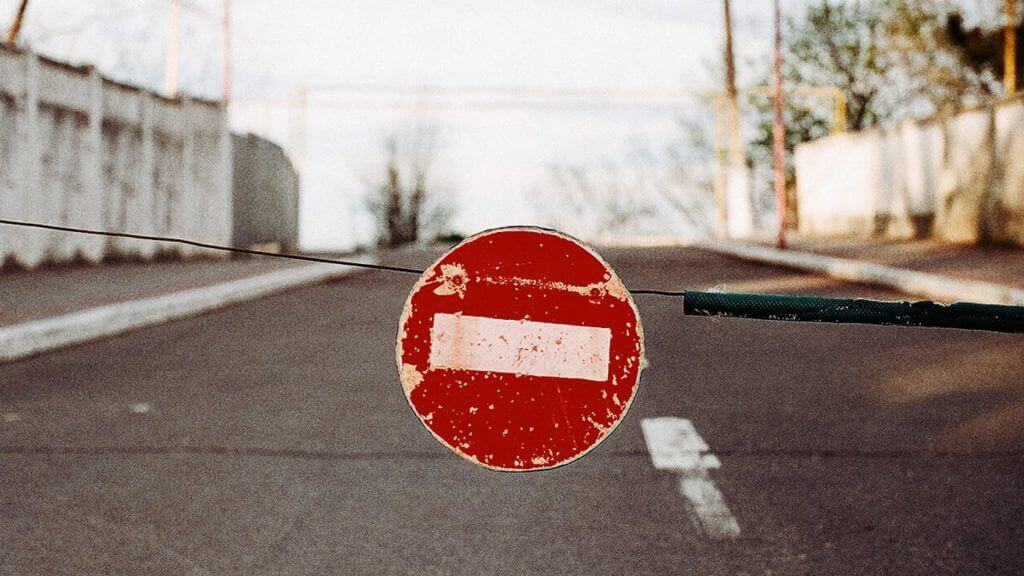
A drop-off in demand related to COVID-19 has forced hotel closures, and asset managers advise what hotel owners and operators need to be looking at so they can survive this difficult environment.
As the ongoing public health crisis from COVID-19 drags on across the globe and brings travel to a grinding halt, more and more hotels are being confronted with the cold calculus of whether they’re better off shuttering for the time being.
Third-party asset managers said those discussions have been dominating talks with owners and operators, which is an extraordinary position for the hotel industry to be in.
Earlier in the month, officials with Hotel Asset Value Enhancement released their projections and outlook for the industry in light of the coronavirus outbreak in the U.S., projecting a five-year recovery period, calling the impacts “both devastating and unprecedented.”
Michelle Russo, CEO of HotelAVE, said in talking with the hotels her company works with “pretty universally the decision has been made to close.”
“In large part, that’s about protecting the asset and employees from the virus,” she said. “But we do have a number of hotels in conducive locations to service larger groups that have a purposeful need related to addressing the outbreak, like housing the National Guard, nurses or (college) students who couldn’t get home.”
Both Russo and Larry Trabulsi, EVP at CHMWarnick, said a large focus of asset managers work of late has been analyzing cash flow and fixed costs for hotels to determine how prepared they are for a sudden zero-revenue environment.
“We’re used to looking at flex and flow scenarios where the occupancy is up and down and formulating how to react to that,” Trabulsi said. “But this is totally brand new territory for all of us, and it’s forcing tough decisions, like do you keep your GM on or are they furlough. Lot of hotels have furloughed or laid off 90% of staff.”
Closures and zeroed-out revenues force difficult considerations and discussions with brands and lenders, sources said, especially since debt is structured to insure continuous operations of properties.
Tim Dick, senior director of asset management and investment services at CBRE, said his advice to properties going through the debate of staying open or closing is to “air on the side of caution.”
“I think there’s a moral obligation to not endanger employees by making them be at properties when you (stay) open,” he said, while noting it’s possible to minimize risk by following CDC guidelines.
And if properties do close, they need to take some steps to minimize their eventual reopening costs.
“You can be closed but still maintain an engineer on the inside of the property to keep systems running,” he said. “Once you start shutting things down from an engineering and physical plant perspective, the value of the property starts to shrink.”
Finding demand
As Russo noted, there are compelling reasons for some hotels to stay open, and hotel groups can and should be in continuous talks with groups that might need those rooms and beds.




